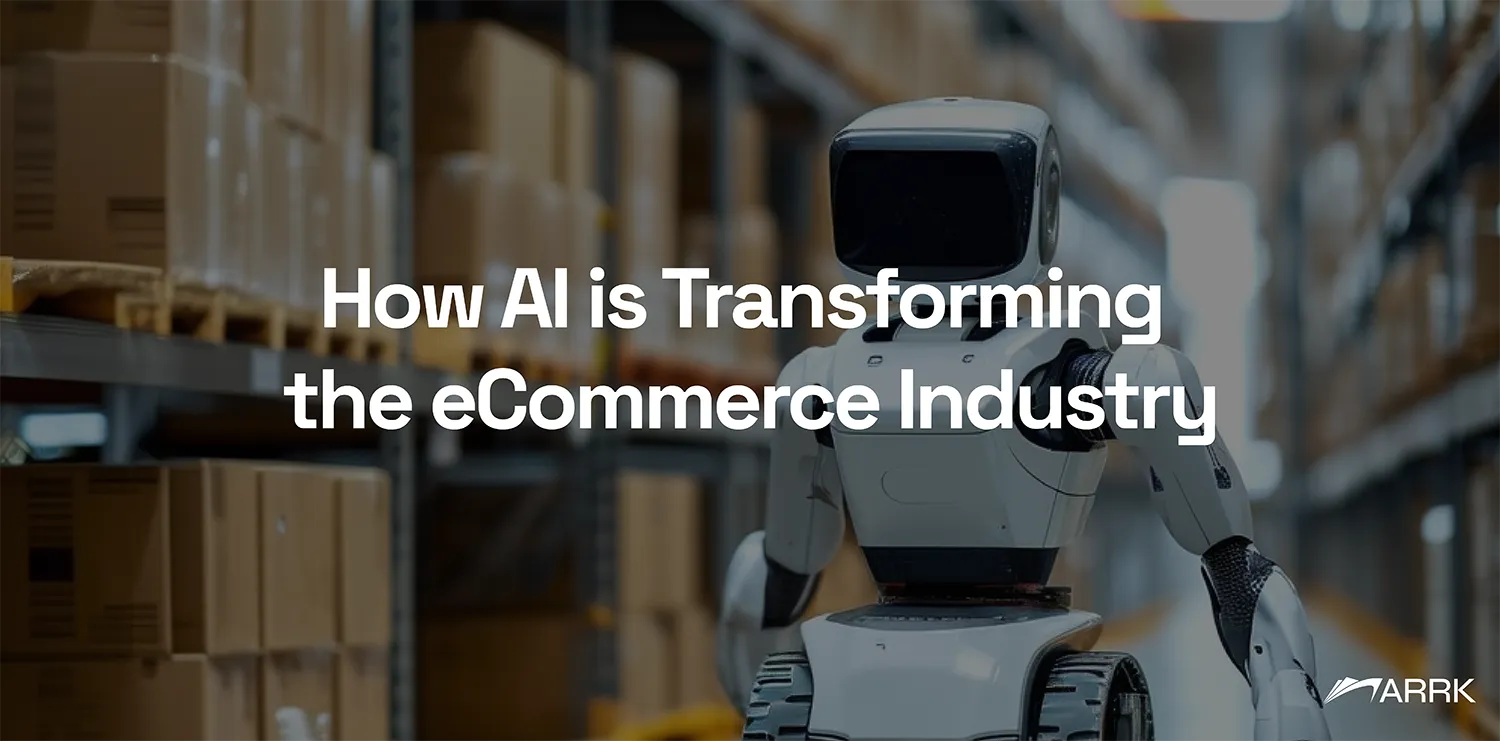How AI is Transforming the eCommerce Industry

Table of Contents
How AI is Transforming the eCommerce Industry
The eCommerce industry has experienced rapid growth over the past decade, driven by advancements in technology and changing consumer behavior. One of the most significant technological innovations impacting eCommerce today is artificial intelligence (AI). AI is transforming the way online businesses operate, offering a range of benefits that enhance customer experience, streamline operations, and drive sales. In this article, we will explore how AI is revolutionizing the eCommerce industry and its key applications.
Enhancing Customer Experience with AI
Personalized Shopping Experiences
- Product Recommendations: AI algorithms analyze customer data to provide personalized product recommendations. By understanding individual preferences and behaviors, AI can suggest items that customers are more likely to purchase, increasing conversion rates.
- Dynamic Pricing: AI enables dynamic pricing strategies by analyzing market trends, competitor prices, and customer demand in real-time. This ensures that prices are optimized to maximize sales and profitability.
Chatbots and Virtual Assistants
- 24/7 Customer Support: AI-powered chatbots and virtual assistants provide round-the-clock customer support, handling inquiries, and resolving issues promptly. This improves customer satisfaction and reduces the workload on human support teams.
- Enhanced User Interaction: Chatbots can guide customers through their shopping journey, offering product information, answering questions, and even processing orders. This creates a seamless and interactive shopping experience.
Streamlining Operations with AI
Inventory Management
- Demand Forecasting: AI can predict future demand for products by analyzing historical sales data, market trends, and external factors. This helps businesses maintain optimal inventory levels, reducing the risk of stockouts or overstocking.
- Automated Replenishment: AI systems can automate the reordering process, ensuring that popular products are always in stock. This minimizes manual intervention and enhances efficiency.
Supply Chain Optimization
- Route Planning: AI can optimize delivery routes by analyzing traffic patterns, weather conditions, and delivery schedules. This reduces delivery times and costs, improving overall supply chain efficiency.
- Predictive Maintenance: AI can monitor the health of equipment and predict potential failures before they occur. This reduces downtime and maintenance costs, ensuring smooth operations.
Driving Sales and Marketing with AI
Targeted Marketing Campaigns
- Customer Segmentation: AI can segment customers based on their behavior, preferences, and purchase history. This allows businesses to create targeted marketing campaigns that resonate with specific customer groups.
- Predictive Analytics: AI analyzes customer data to predict future buying behavior. This enables businesses to anticipate customer needs and tailor their marketing strategies accordingly.
Enhanced Product Search
- Visual Search: AI-powered visual search allows customers to search for products using images rather than text. This enhances the shopping experience by making it easier for customers to find exactly what they are looking for.
- Natural Language Processing (NLP): AI improves search functionality by understanding natural language queries. This ensures that customers receive accurate and relevant search results.
The Future of AI in eCommerce
The integration of AI in eCommerce is still in its early stages, but its impact is already profound. As AI technology continues to evolve, we can expect even more innovative applications that will further transform the industry. Here are a few trends to watch:
- Voice Commerce: With the rise of voice-activated devices, voice commerce is set to become a significant trend. AI-powered voice assistants will enable customers to search for products, place orders, and manage their shopping lists using voice commands.
- Augmented Reality (AR): AI and AR will combine to create immersive shopping experiences. Customers will be able to visualize products in their own environment before making a purchase, reducing the likelihood of returns.
- Advanced Data Analytics: AI will continue to enhance data analytics capabilities, providing deeper insights into customer behavior and market trends. This will enable businesses to make more informed decisions and stay ahead of the competition.
Conclusion
AI is transforming the eCommerce industry in numerous ways, from enhancing customer experience and streamlining operations to driving sales and marketing. By leveraging the power of AI, eCommerce businesses can stay competitive, improve efficiency, and deliver personalized shopping experiences that delight customers. As AI technology continues to advance, the possibilities for innovation in eCommerce are limitless.